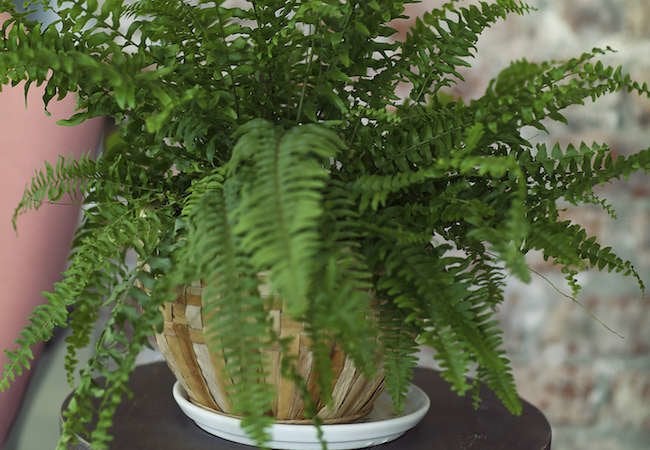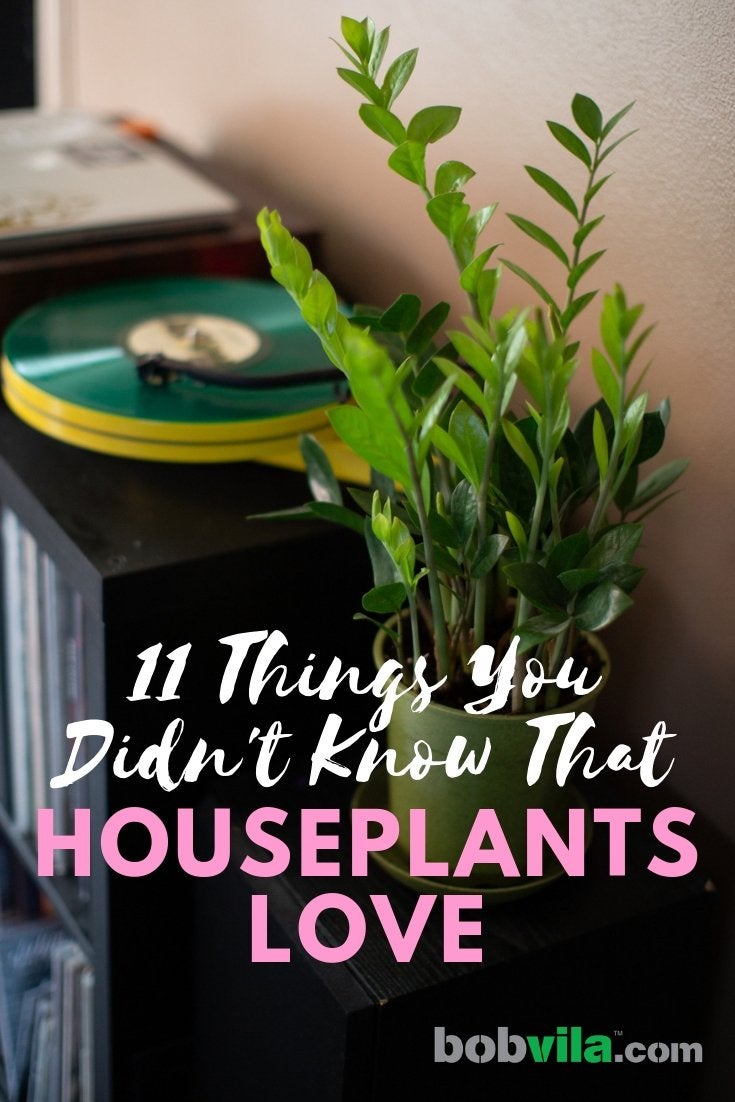We may earn revenue from the products available on this page and participate in affiliate programs. Learn More ›
Tight Conditions

One of the basic rules of houseplant care is to repot when the roots start getting cramped, but some plants prefer those cozy conditions. In fact, transplanting can even kill a fragile plant like an African violet or Boston fern. Other plants, like the peace lily and Christmas cactus, actually need to become a little rootbound in order to produce blooms.
Related: 14 Symptoms of an Unhappy Houseplant (and How You Can Treat Them)
Ice Cubes
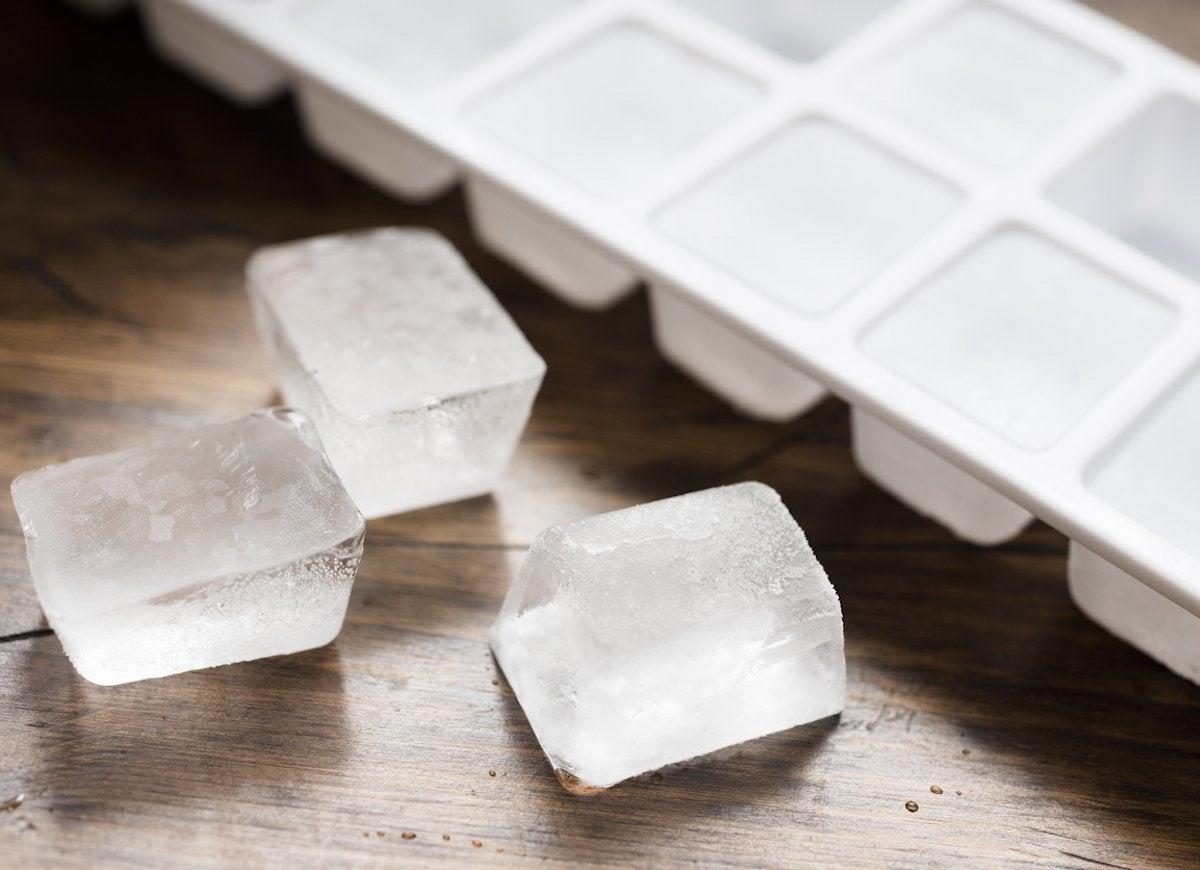
Here’s a hack for those who forget to water (or tend to overwater) their plants: Use ice cubes instead. Ice melts slowly, so plants that don’t do well in soggy conditions have time to absorb the water. Hydrating with ice cubes also helps prevent spillage when watering hanging plants or pots sitting on high shelves. To use this technique, just place a few cubes around the top of the soil. Once the cubes have melted, stick your finger into the dirt to feel if it’s moist. If it still feels dry, you will need to add a few more cubes.
The Fridge
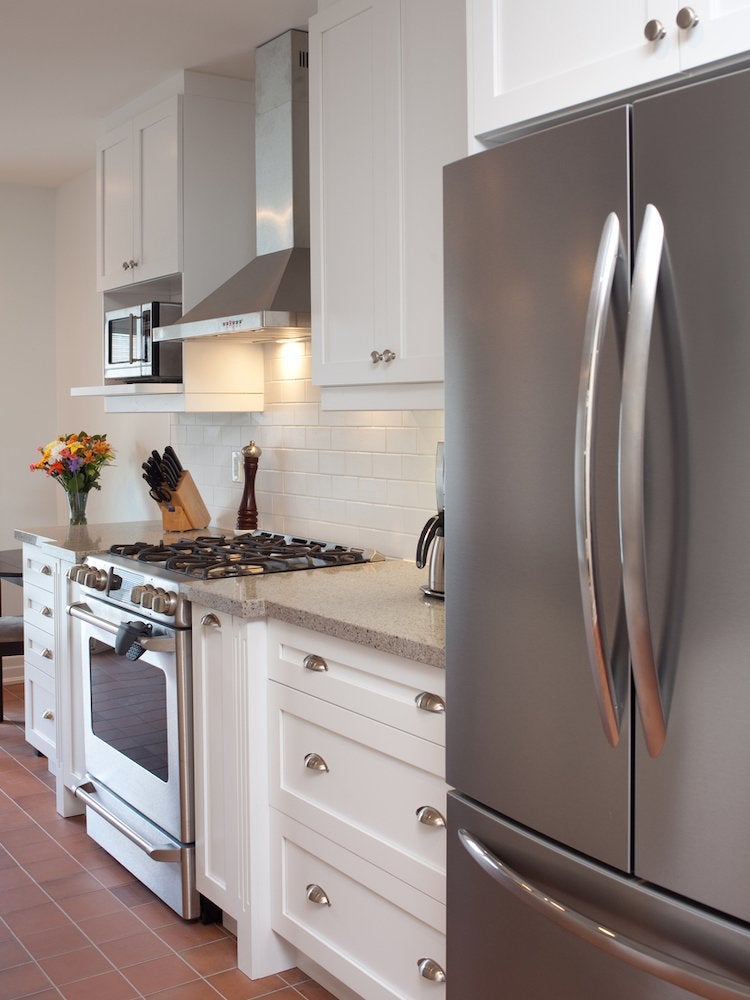
Excited to get gardening? Before you do, check the information on your seed packet to see if the seeds require stratification. This process mimics the chilling seeds would have gone through had they fallen outdoors and endured the winter. Place the seeds on a damp paper towel, then slide the towel into a ziplock bag and put it in the fridge. The information on the seed packet should state how long the seeds need to kept cold; the period could be anywhere from one to three months. If, however, the seeds start to sprout, remove them immediately.
Related: How Starting Seeds Indoors This Year Will Help You Grow a Better Garden Than Ever
Green Tea
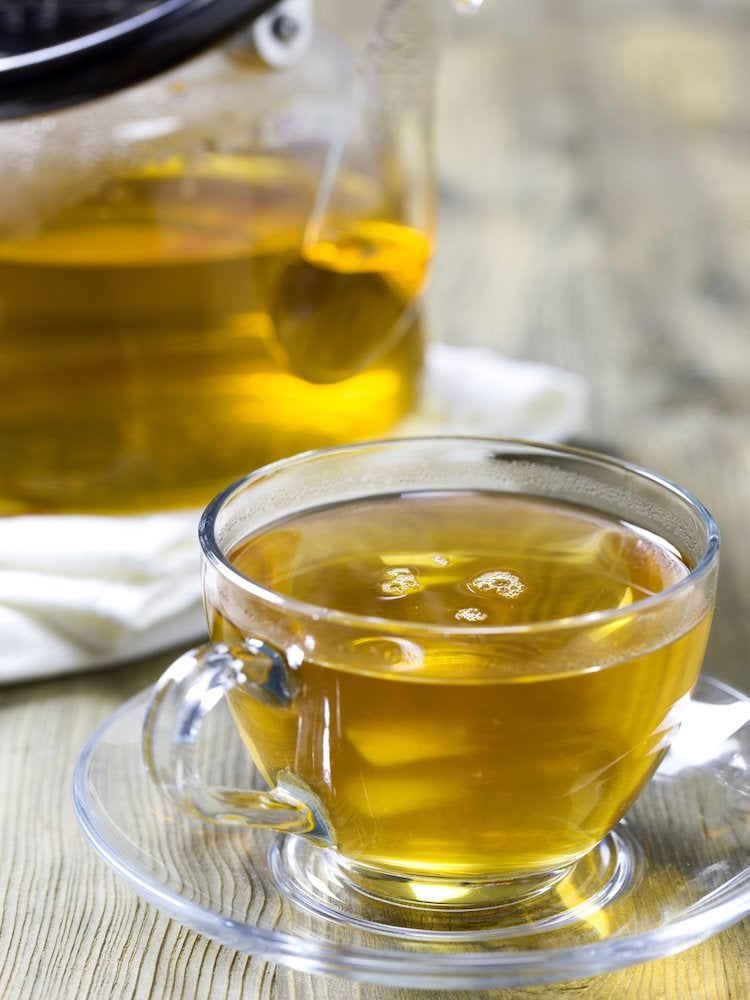
Acid-loving plants simply love a cup of green tea. Tea leaves raise the acidity in the soil and provide other nutrients. Pour cooled, steeped tea into a the soil as if you were watering the plant, or just add spent tea leaves to the soil.
Sparkling Water
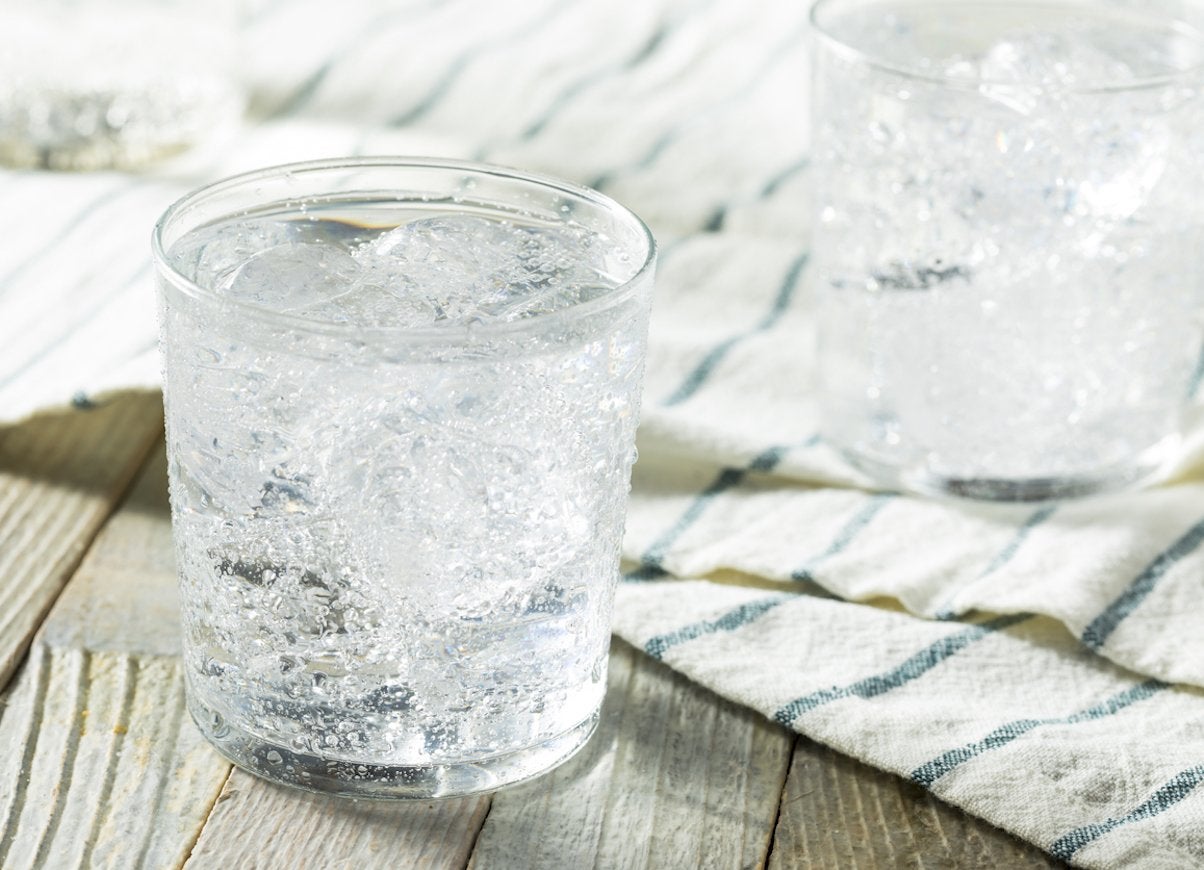
Did that club soda go flat in the fridge? Rather than pouring it down the drain, use it to water your houseplants. According to a study from the University of Colorado at Boulder, sparkling waters are full of nutrients—magnesium, calcium, and potassium, to name a few—that make plants grow faster and greener. Just make sure the water’s not flavored or sweetened!
Related: 15 Creative Uses for Club Soda
Mayonnaise
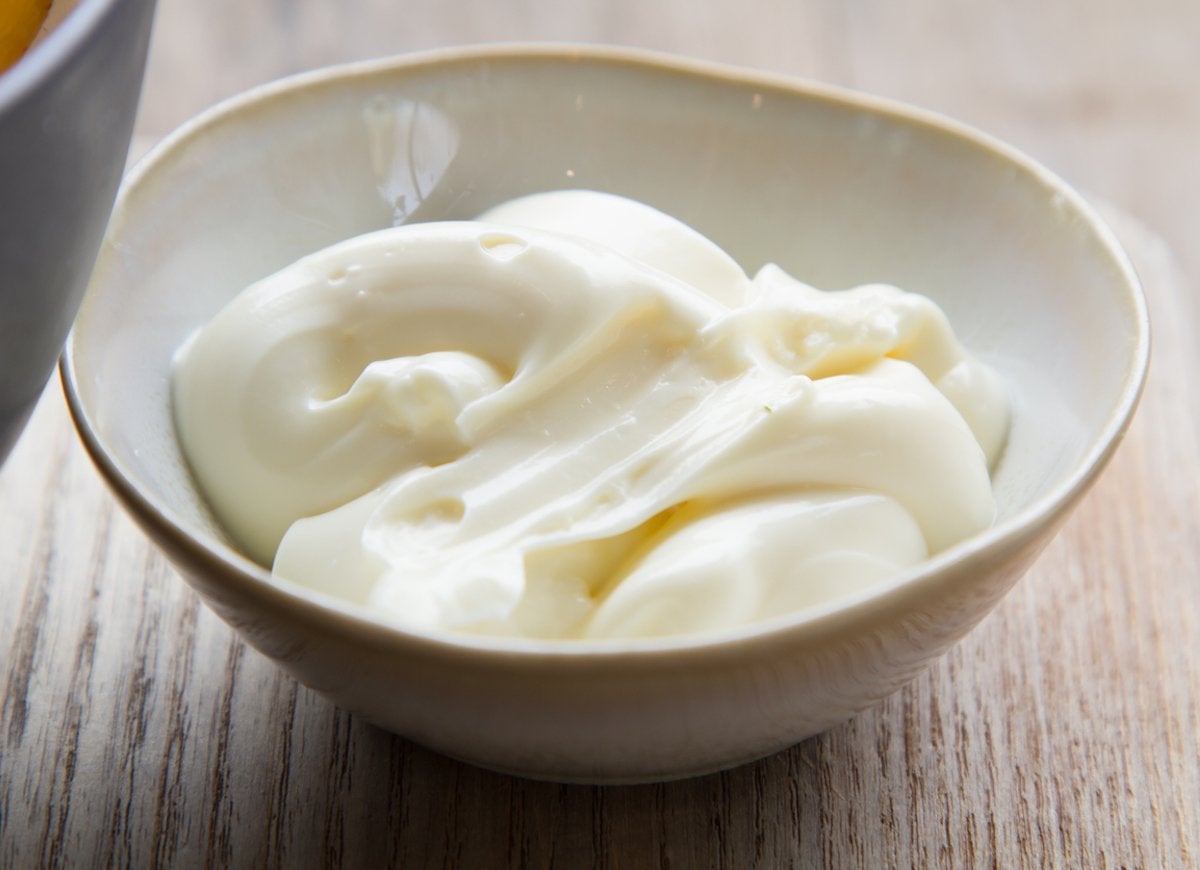
You may think it’s not necessary to clean your houseplants, but it’s good for your health as well as the health of the plant. When you clean dust from your plant’s leaves, you’re removing allergens from your home and making it easier for the leaves to soak in the nourishing rays of the sun. To restore shine to a broad-leafed plant, dip a cloth in a bit of mayo and wipe it across the leaves—the oil from the condiment makes the leaves glisten.
A Bath
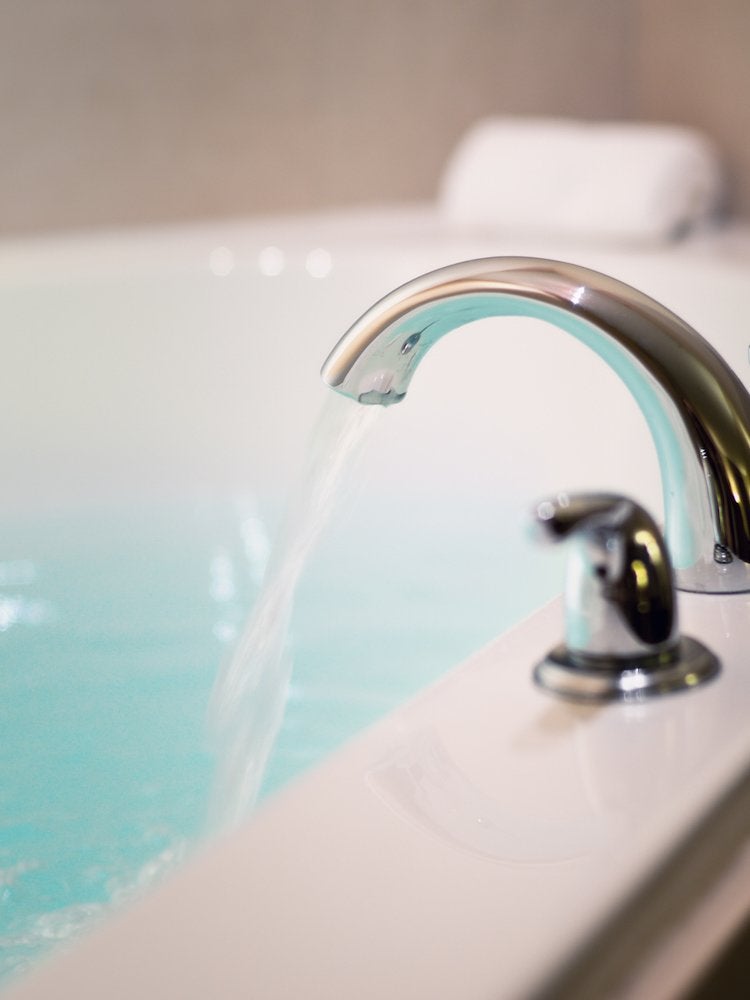
Another way to clean your plants? Give them an occasional shower! Rinsing the entire plant under the shower head removes dust and eliminates the risk of insect infestation. Place your plants in the shower, then let cool (neither hot nor cold) water fall on them until the water soaks through to the roots. Remove any standing water from underneath the pots to prevent overwatering, then let the pots dry off before returning them to their regular places around the home. If you prefer, you can put your plants outside and spray them with a hose. Keep in mind that not all plants benefit from this spa treatment. Plants that do not respond well to getting their leaves wet (for example, African violets) or plants that are too easily overwatered (such as succulents) should never be placed in the shower.
Related: The Best Gardening Tools
Coffee
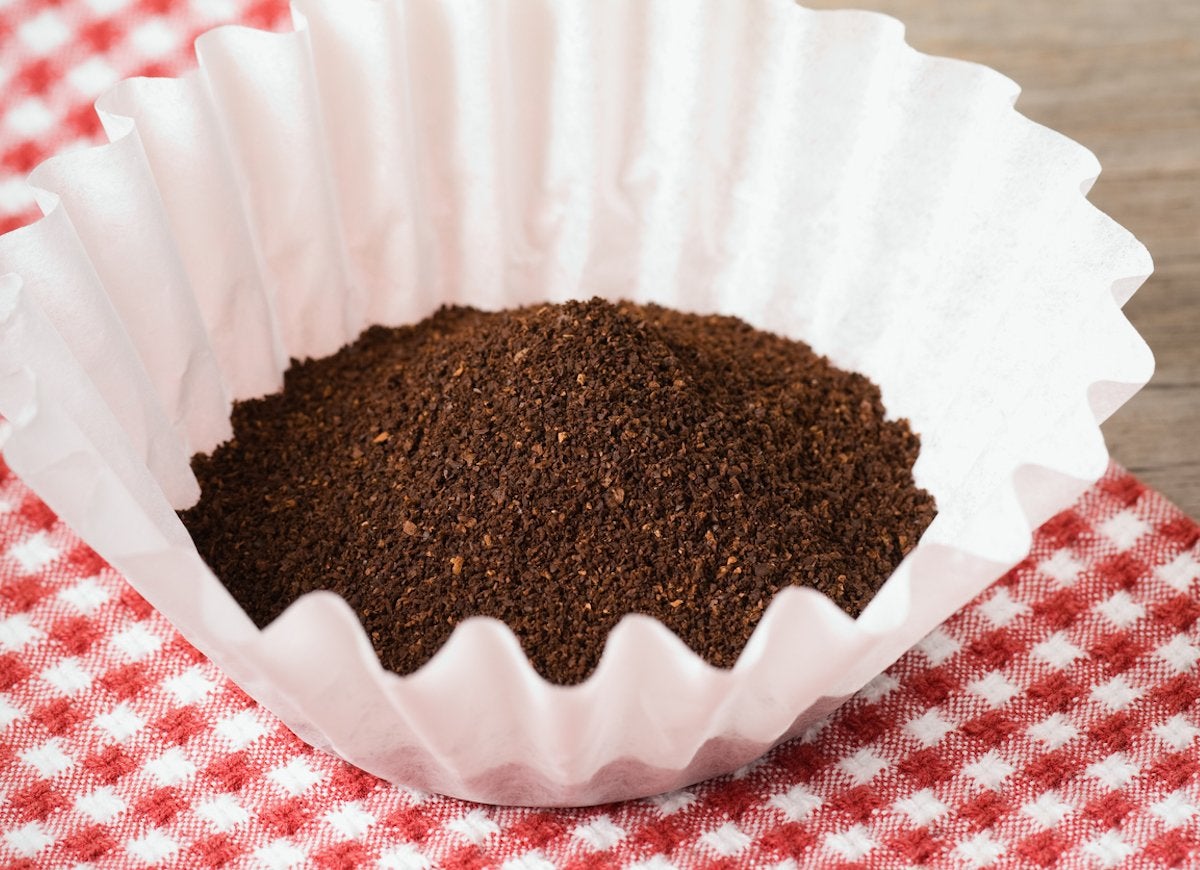
Houseplants run on coffee—just not brewed coffee. You can work fresh coffee grounds (used coffee grounds lose their acidity) into the soil to raise the acid level. But before you try to ameliorate your soil, make sure your plants actually like acidic soil. Every plant needs slightly different conditions, so it pays to do some research before you try anything new.
Related: 18 Clever Uses for Coffee Grounds at Home and in the Garden
Lemons
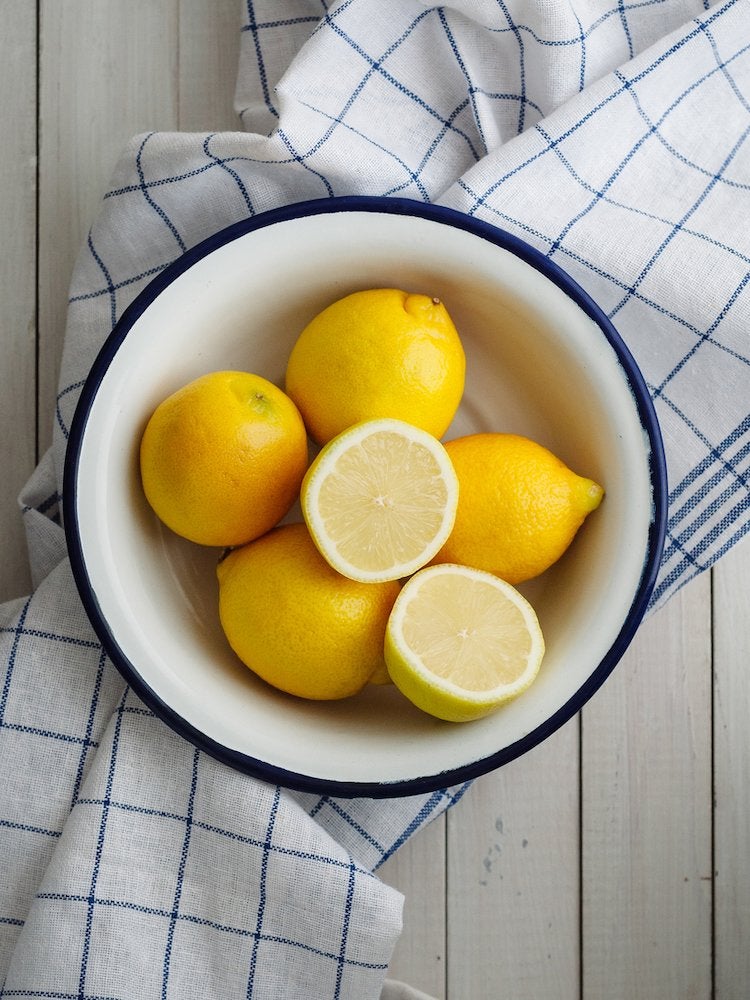
Another way to increase soil acidity is to pour a tiny amount of lemon juice into the soil. Remember though, a little lemon juice goes a long way. Avoid getting it on the plant leaves because it can burn them, or even kill the plant. For acid-loving plants, here’s a neat trick for starting seeds: Fill half of a juiced lemon with soil, and add the seed. Once it germinates, you can plant the whole citrus pod into a pot or the ground.
Related: Count On These 25 Indoor Plants for Easy Color Year-Round
Hydrogen Peroxide
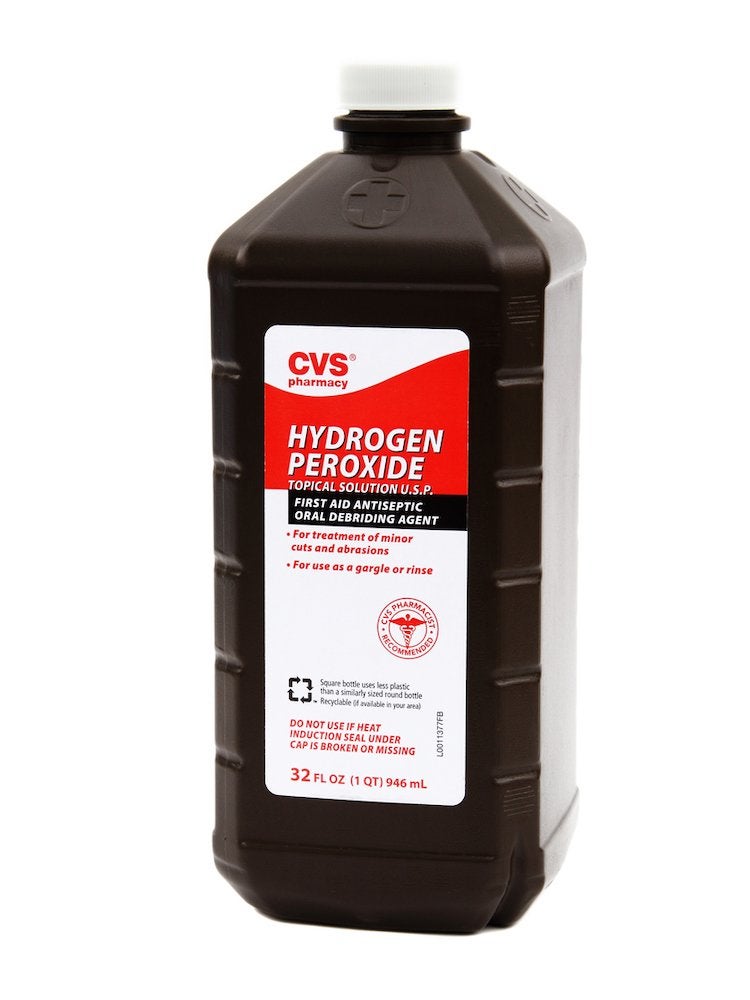
Hydrogen peroxide is not just good for disinfecting scrapes and cuts, it’s super helpful for gardening too. Mix it with water in a spray bottle, then you can spritz it to boost plant growth, prevent root rot, and kill fungus.
Related: 19 “Zero Dollar” Garden Hacks
Bananas
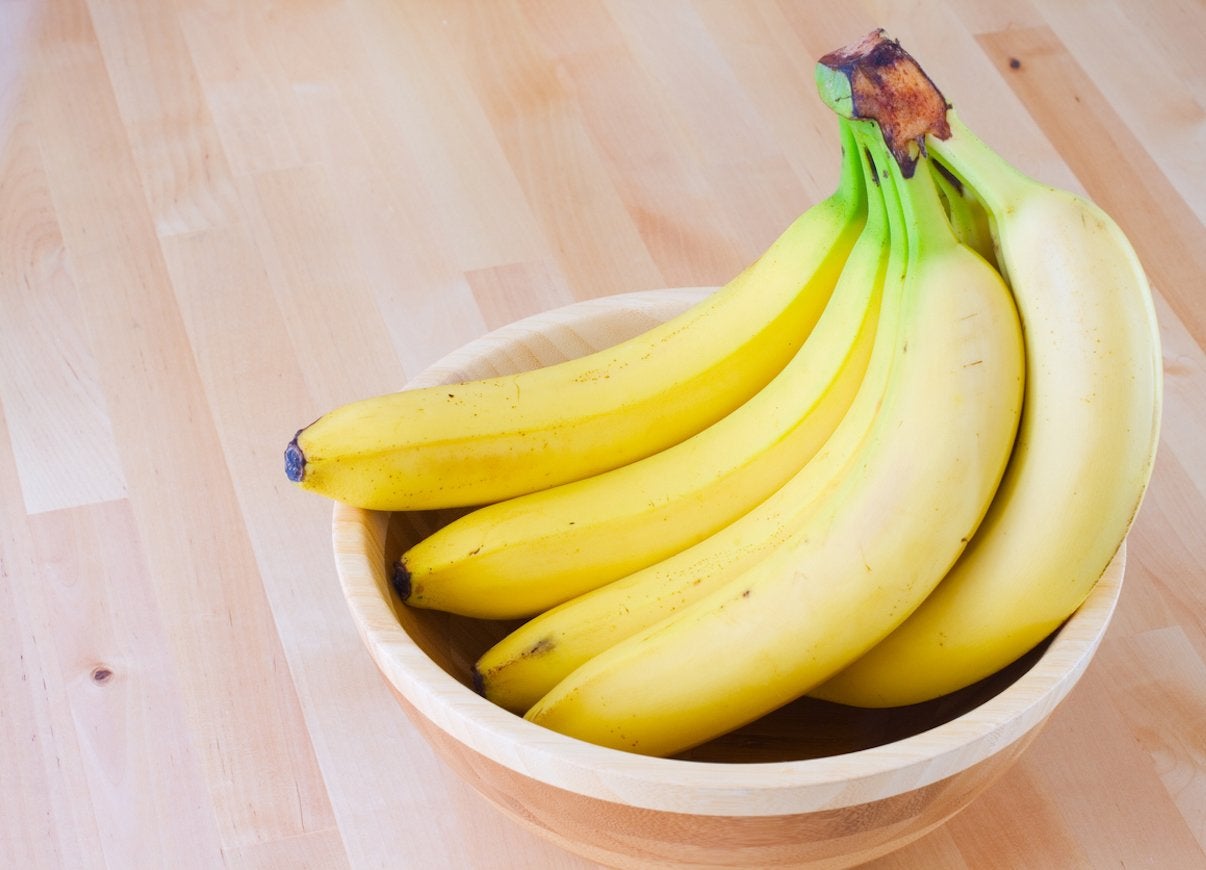
Place banana peels on top of the soil give your houseplant a boost of potassium, nitrogen, phosphorus, and magnesium as the peel slowly decomposes. Just be warned that while plants love banana peels, so do fruit flies and gnats. If you’re not sure what nutrients your plant’s soil is lacking, perform a soil test, or learn to read your plant’s leaves, stems, or posture to identify the signs of certain deficiencies.

Our Best Advice for Beginner Gardeners
We’ll help you set up your first garden—whether that’s a few pots on your patio, a raised bed, or an in-ground plot out back—and select the right plants for your soil and region.
